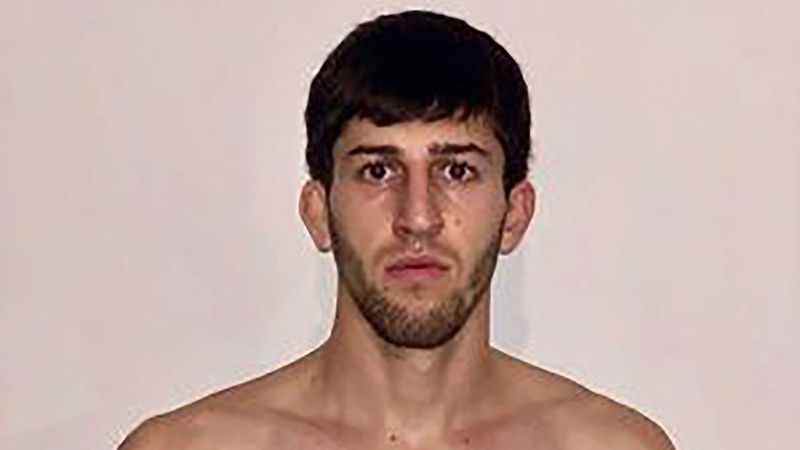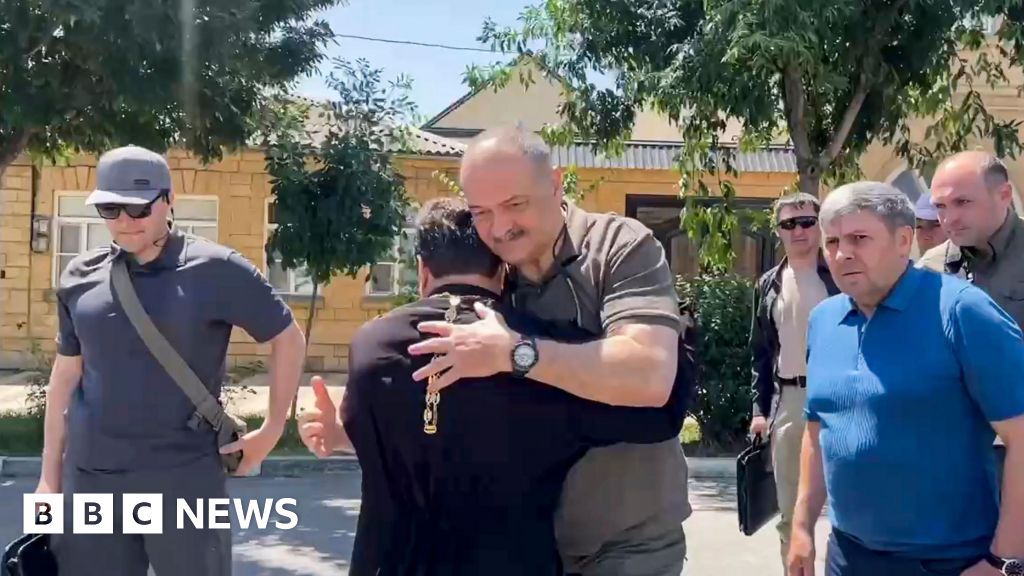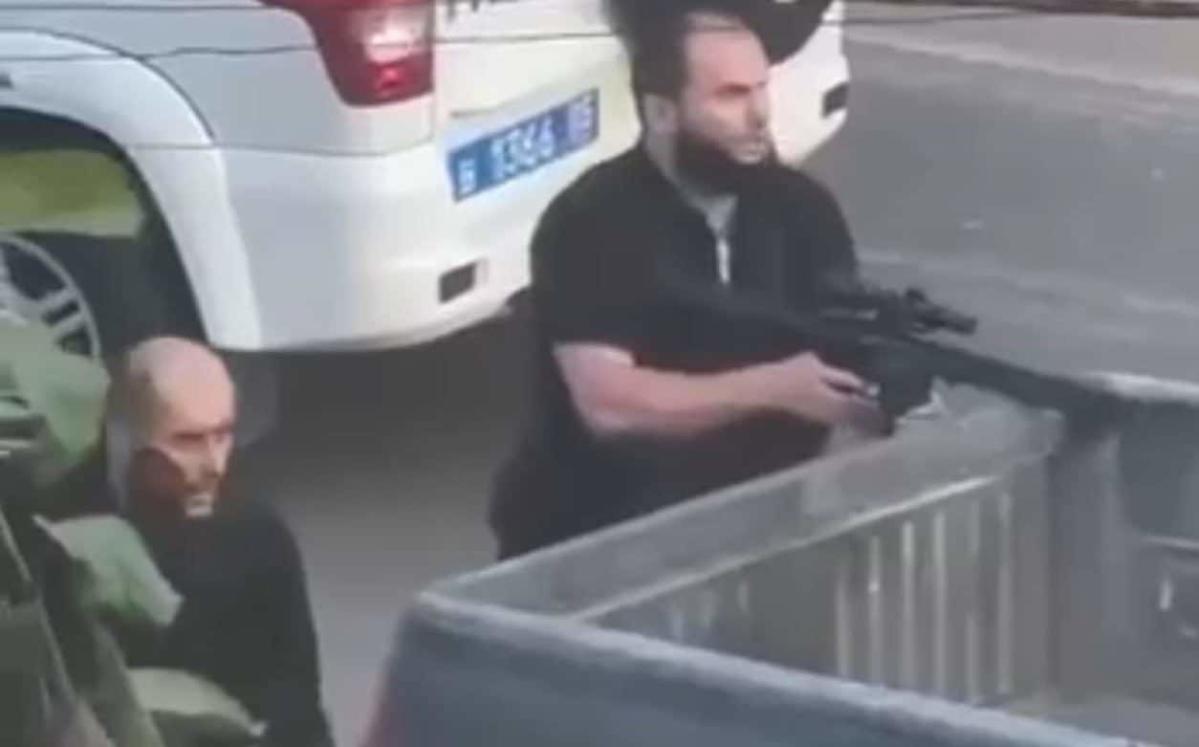
In the southern Russian region of Dagestan, a series of coordinated attacks on places of worship and a police station left at least 20 people dead on Sunday, June 24, 2024. The violence in this predominantly Muslim region has raised concerns about the resurgence of extremist activity and the ability of Russian security forces to maintain order amid ongoing conflicts in other parts of the country.
The attacks occurred in Makhachkala and Derbent, two major cities in Dagestan. Gunmen opened fire at synagogues, churches, and a police post, leaving multiple people dead and several civilians injured. Among the victims were an Orthodox priest and police officers.
The exact number of attackers involved is not yet clear. However, Russian authorities have identified some suspects in connection with the attacks. One of them is Gadzhimurad Kagirov, a mixed martial arts fighter and cousin of Magomed Omarov, the head of Sergokalinsky district.
The attacks on places of worship in Dagestan follow recent extremist violence in Russia. In March 2024, four armed men killed 145 people at a concert hall near Moscow. The Islamic State claimed responsibility for that attack, which was the deadliest terrorist attack in Russia since the Beslan school siege in 2004.
Dagestan has faced waves of violence in the past but attacks have become more rare in recent years. However, this latest spate of violence has revived fears of a return to mass terrorism and instability.
The Kremlin's response to these attacks was fiercely conspiratorial, with some officials accusing Ukraine and NATO's intelligence agencies of promoting inter-ethnic and religious discord within Russia. However, there is no concrete evidence to support these claims.
The attacks in Dagestan are a reminder of the ongoing challenges facing Russian security forces as they try to maintain order in a diverse and complex society. The region's history of violence and instability, combined with the ongoing conflicts in Ukraine and other parts of the former Soviet Union, make it a particularly challenging environment for law enforcement agencies.


